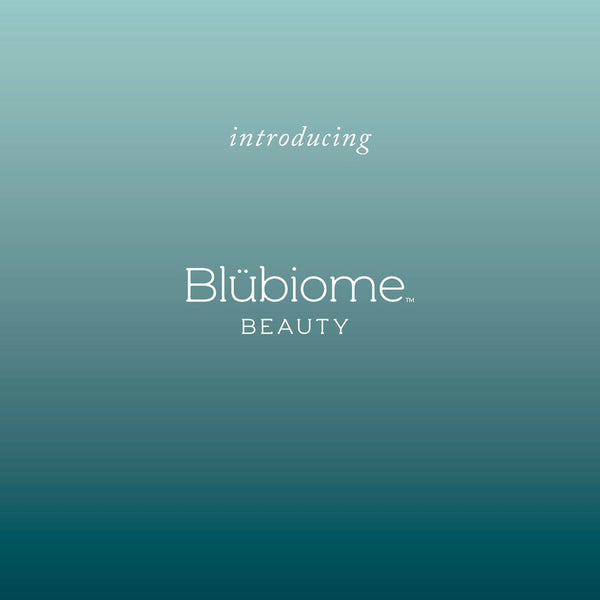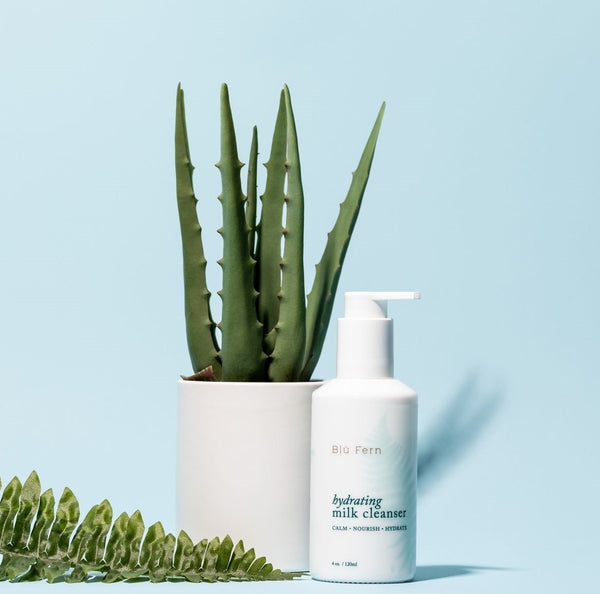The Benefits of Good Sleep for Healthy Skin
Great skin makes one look and feel confident. So, we do everything we can to take care of our skin. For instance, we fill our bathroom counters and beauty cabinets with a wide range of skincare products. Many people associate healthy skin with skincare products and treatment and fail to realize simple lifestyle adjustments can improve skin.
But did you know getting good sleep can also have a lasting desirable impact on your skin? Yes, it's true. Science has proven getting your 'beauty sleep' is no longer a fairy tale. Scientific evidence links better sleep and skin health in many ways. In fact, over time, you’ll notice your skin changes its brightness, complexion, elasticity, and hydration with the right number of hours logged in your sheets every night.
What Happens When We Sleep?
Before delving into the role of sleep on skin health, let's first understand the mechanism of sleep. It’s the natural way our bodies heal, repair, and recharge. Sleep is imperative to attain physical health. A good night's sleep isn't just about a peaceful rest with lots of amazing dreams; it’s a highly complex process involving cycles of sleep stages, biological processes, and chemical reactions affecting every facet of our body. We sleep to allow our body and mind to recharge, refresh our systems, and stay rejuvenated and alert the day after.
Sleep is crucial to our skin's health and appearance. Skin is a dynamic organ that serves as an interface between the body and the external environment. Therefore, what the skin endures during the day differs significantly from what it faces at night. During the day, we expose our skin to the risks of physical injury, potentially harmful ultraviolet radiation, extreme temperatures, and external pollutants. At night, the changes to the skin and its functions are significant, from increased water loss, permeable skin barrier to skin repair and regeneration. In fact, according to dermatologists and other skin experts, skin repair and regeneration is at the highest at night.
Sleep, Skin, and Microbiome
The human microbiome refers to a complex system of bacteria and microbes within our bodies and on our skin. The term bacteria often has a negative connotation. However, certain bacteria and microbes are essential to human health and life; they help combat diseases and harmful bacteria that potentially make us sick. The skin microbiome performs three critical functions–fight infections, heal wounds and controls inflammation.
Effects of Lack of Enough Sleep on Skin
1. Dry Skin
The skin loses more water at night because we sweat more while sleeping. It’s the body's natural mechanism of rebalancing your hydration levels by producing more perspiration. A shortened or disturbed sleep interrupts the hydration process, leading to dehydrated and rough skin. In addition, insufficient sleep lowers the skin's pH level, resulting in dry skin.
2. Puffy Skin
Sleep deprivation causes the skin under the eyes to become puffy and swollen. The exact reason behind the phenomenon remains unknown. However, experts have come up with multiple theories to explain the dark circles under the eyes. One theory is that blood vessels dilate from lack of sleep, resulting in insufficient blood flow. When we sleep enough, blood flow increases throughout the body; oxygen and nutrients reach every body tissue, including the skin, aiding in rejuvenation and repair.
However, puffy dark circles under the eyes aren’t an obvious sign of sleep deprivation; other factors could be the reason. For instance, some experts associate the condition with a lack of certain vitamins and minerals such as iron and Vitamin C.
3. Acceleration of Aging Process
Sleep and recovery go hand in hand, meaning a great night's sleep is your best shot at growing and repairing the organ. The skin produces new collagen, a protein responsible for keeping our skin strong, elastic, and thus more youthful. Therefore, if you consistently cut your sleep short, you're missing out on an opportunity to have balanced skin and your skin can begin to age at a faster rate.
Get Enough Sleep
Science continues to demonstrate the value of sleep on our skin's health and overall appearance. Therefore, it’s vital that we sleep faster and longer to have healthier regenerated skin. However, the question is, what is the recommended time to sleep, and how long should a good night's sleep last? According to the National Sleep Foundation, an average adult needs between 7 and 9 hours of sleep per night, and the best time to go to bed is between 8 pm and 10 pm. Practice good sleeping hygiene by going to bed early, disconnecting from electronic devices, choosing the best mattress, sticking to the same sleep schedule, and monitoring your caffeine intake.
Your Healthy Skin
The relationship between sleep and skin health is one that you shouldn't ignore. If you haven't been getting enough sleep, change that, and you could notice a substantial change in the overall health and appearance of your skin. At Blü Fern we highlight the importance of mindful activities that can improve your overall skin health. In particular, sleep is absolutely crucial with its numerous benefits to repair and improve skin conditions.
 Skip to content
Skip to content




